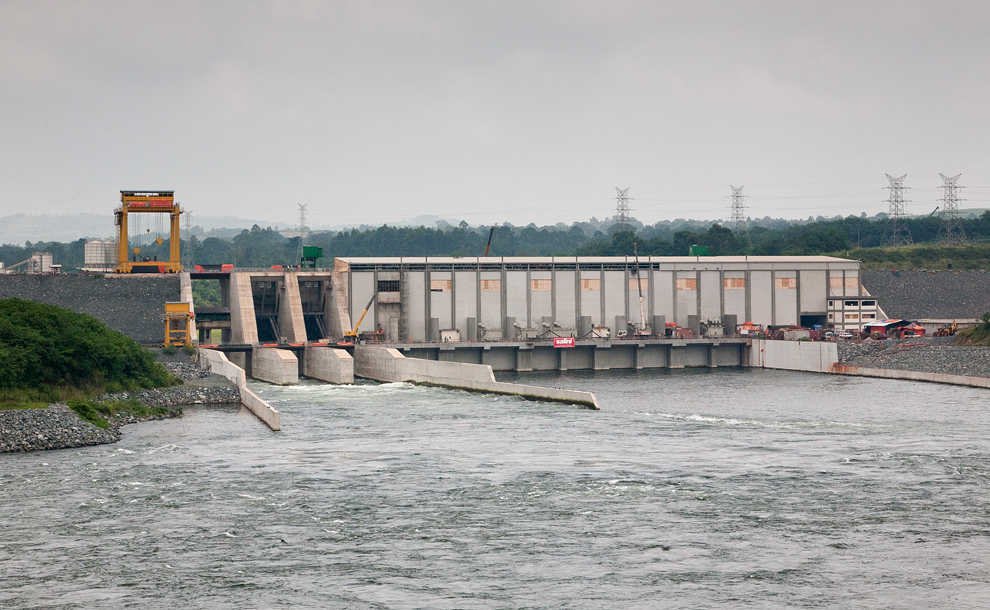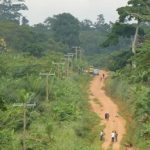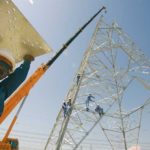The government has started the process of modifying Bujagali Energy Limited’s license for the Bujagali 250MW hydropower dam after it agreed with the lenders to spread the loan repayment period by 10 years.
After negotiations that took more than two years, the government recently agreed with the World Bank’s International Finance Corporation, the lead lender, to spread the payment of the outstanding loan amount of US $402 million to the year 2032.
The Bujagali loans were split into two: the senior loan and the subordinate loan. The senior loan, which formed the largest amount of the entire credit facility, was supposed to be paid back by the year 2023, while the smaller but more expensive subordinate loans were to be serviced by 2027. The new changes mean that government will pay smaller interest payments but in total the amount will be more because of the spread. Due to this, the tariff from Bujagali, which is locked in at $0.11/ kWh and is one of the highest around the region, is expected to reduce in the short term but move up in the longer term.
The impact of this refinancing is expected to be felt in the tariff for the third quarter of this year. At 250MW, the Bujagali dam is currently the biggest power project in Uganda today. The dam accounts for more than a quarter of Uganda’s energy supply.
Reports say the Uganda Electricity Transmission Company Limited, with other government agencies, is amending the Implementation Agreement, the Power Purchase Agreement and the Liquidity Facility Agreement to incorporate the new terms of the financing. The approval of all this paperwork is expected to be done by the end of April 2007. The new amendments will supersede the agreement that was signed in 2007.
The closure of the negotiations brings to an end a long and tedious process for both sides. Tickled with the availability of a large amount of money from China, Uganda, and in particular President Museveni, started getting agitated over the expenses it was incurring from the Bujagali power dam – financial expenses and also in regards to the tariff.
The Bujagali dam, which was enjoying a cool 19 per cent return on investment under a take-or-pay arrangement, became a source of criticism in a number of Museveni’s speeches. It was partly as a result of the pressure from Museveni that Uganda looked to take a haircut on the interest payments on Bujagali. Facing political pressure, one of the shareholders in Bujagali Energy Limited, Sithe Global, looked for a way out.
The company started negotiating with a Norwegian company, SN Power AS, to buy its shares. Our sources say SN Power AS needed a guarantee that it would enjoy the 19 per cent return on equity as Sithe Global, which had been negotiated 10 years ago. Government argued that under the current circumstances, that figure needed to be knocked down to at least 15 per cent or else it would not sanction the Sithe Global-SN Power deal. SN Power declined and its negotiations with Sithe Global were then terminated in January 2017.
The African Development Bank also came up with another suggestion, also in late January 2017. The bank suggested to Uganda’s government that it would float a credit guarantee facility in the form of a $500 million bond. The bond was to be restructured in such a way that it would be repaid in 15 years. The bond holders were to be paid using revenue generated from the Bujagali dam. This suggestion was not sanctioned because the interest payments on the bond were higher than what government desired. In the end, the government was left with the option of offering a waiver of a 30 per cent corporation tax for Bujagali Energy Limited in exchange for a spread in the payment of the loan.







